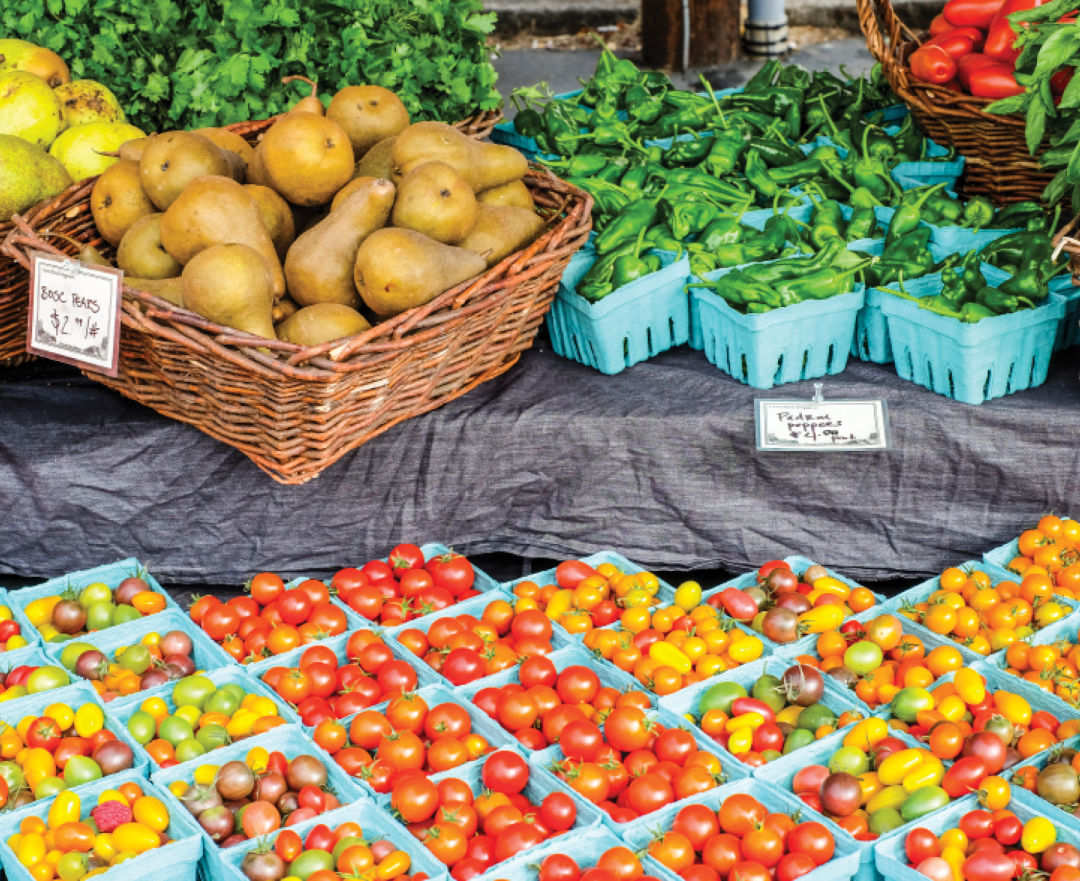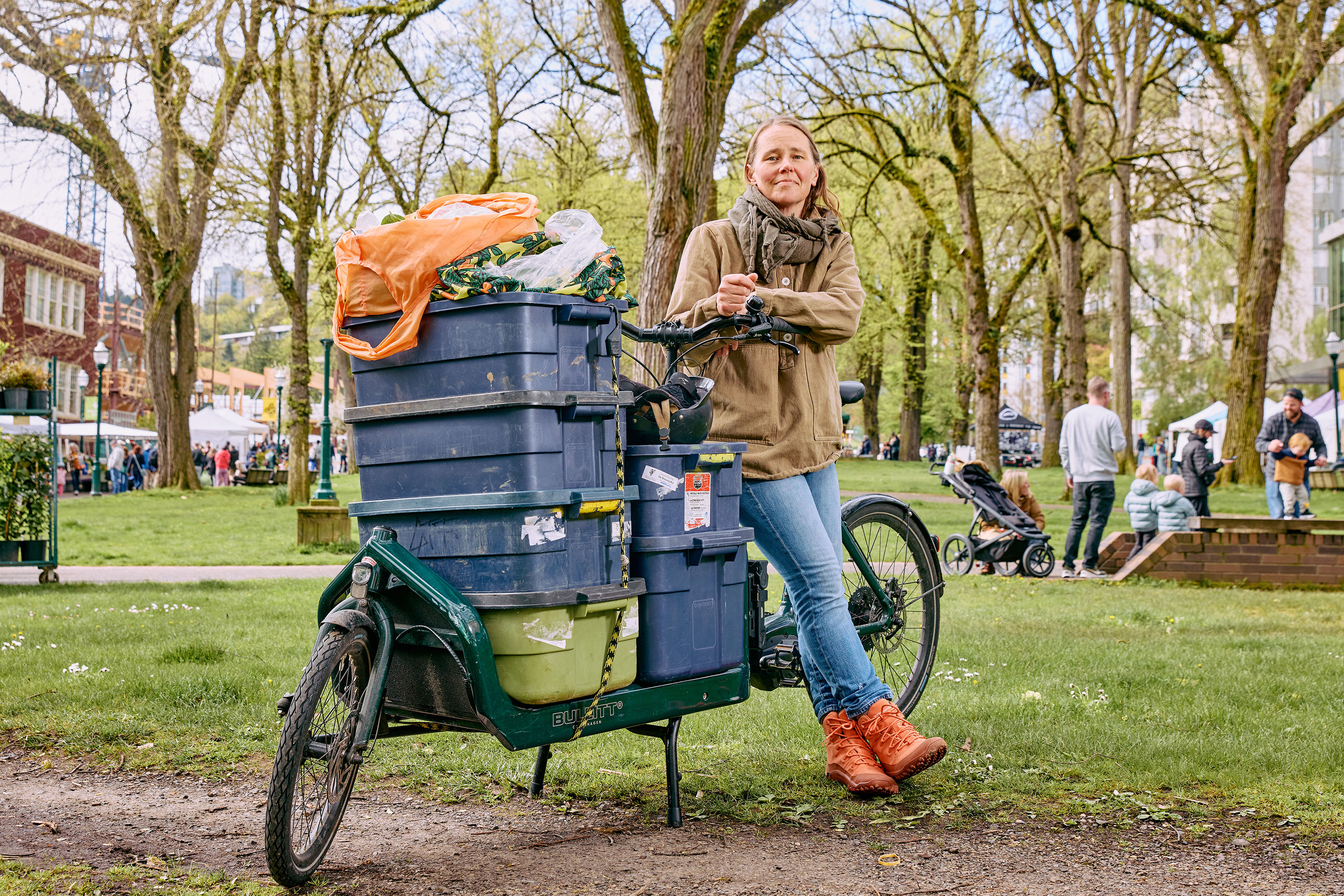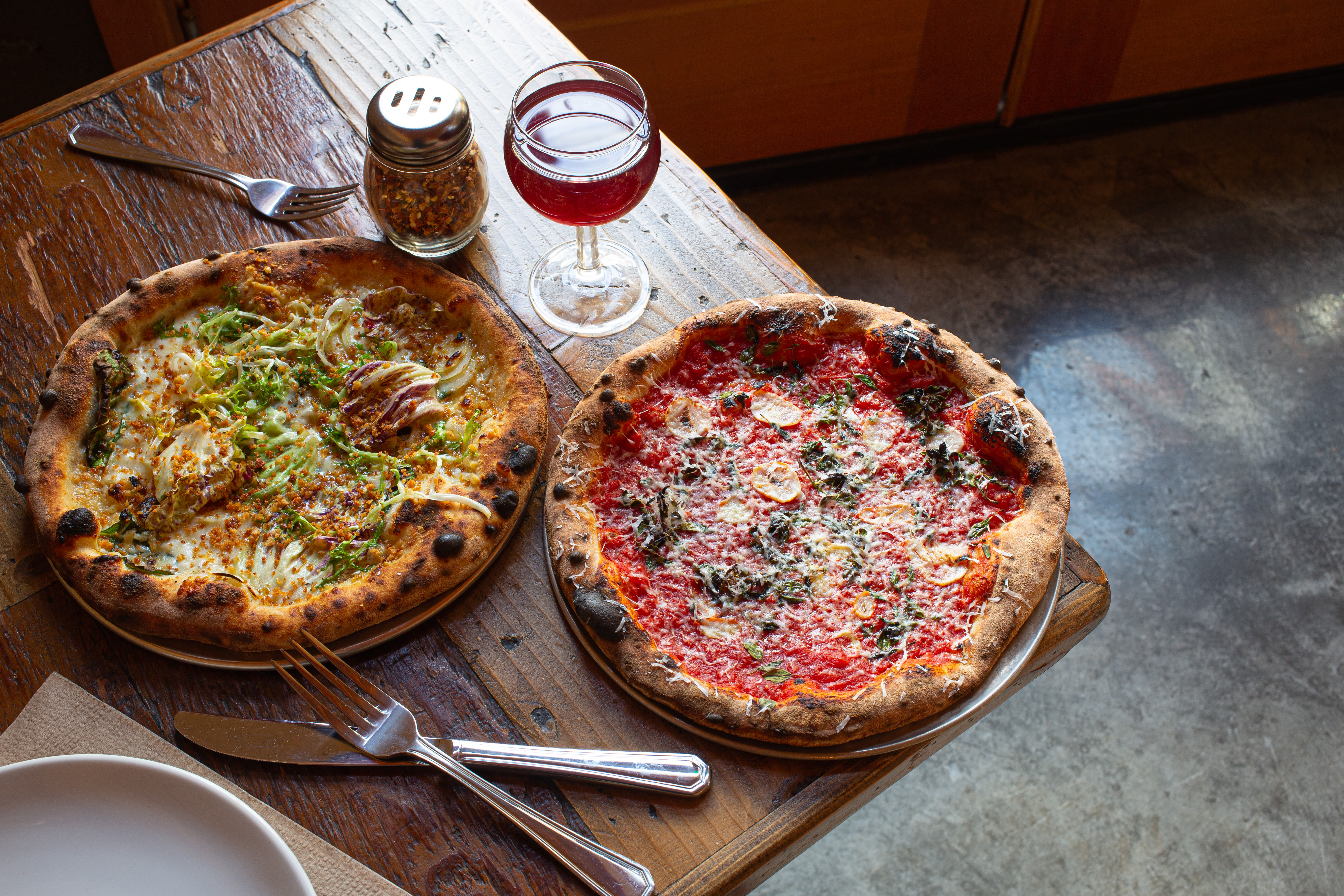Portland-Area Farmers Markets Ramp Up for the Busy Season with New Precautions

Image: Michael Novak
The Portland State University Farmers Market, one of this city’s enduring gems, is typically a bustling veg-love fest on a sunny spring Saturday.
But in the age of coronavirus, maybe not so much.
And for many local farmers who have seen a steep revenue decrease in the wake of Oregon’s mandatory restaurant and bar closures, Portland area farmers markets are the last lifeline.
(Some sell to increasingly mobbed grocery outlets like New Season Market, but their wholesale growing season doesn’t typically start until late spring or early summer.)
Without any other outlets to sell their seasonal haul, it’s game over.
On Thursday, the PSU market announced it would be open for business as usual on Saturday, albeit with some serious precautions in place: increased space between vendor booths, the absence of tables, chairs, and entertainment, pre-bagged produce, and absolutely no food sampling, among other things. It’s a departure from initiatives that the Beaverton and Hillsdale farmers markets (two of the region’s largest markets) are taking: converting to a pre-order, drive-through method.
“It’s just not possible for us,” explains Portland Farmers Market Executive Director Trudy Toliver. “PSU’s location is not at all conducive to traffic.” Toliver says alternative safety measures are still being considered, including designated early shopping hours for the elderly and pre-ordering produce gathered and delivered by a masked and gloved shopper.
Michael Simington, owner of Simington Gardens in Aurora—a small organic farm that makes most of its money selling to local restaurants like Sweedeedee and P’s & Q’s Market—is counting on farmers market sales to keep his operation afloat. “We’re looking to replace a big chunk of our business right now, says Simington. “We planted for restaurants and farmers markets exclusively. Restaurants have pretty much ceased to exist.” One of the only viable ways of recouping that loss? “We’ll have to go back to an older way of how we used to sell produce before Amazon—through a CSA.”
For farmers market regulars who are nervous about shopping in such a large public place, it’s worth weighing the odds against a panicked run to Whole Foods or Fred Meyer where shelves are increasingly empty and air is recycled in close proximity.
“I just really hope that these markets stay open,” says Simington. “It’s never been more important than right now. It’s absolutely critical for our local food system to have that outlet so that we can weather the storm ourselves—so that after this passes we will still have a very strong food system. That’s kind of what the Farmers Market is all about.”
Got a story to share? Get in touch with Senior Editor Benjamin Tepler at [email protected] or on Twitter at @btepler.




